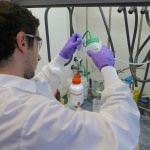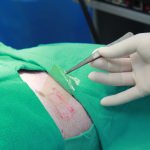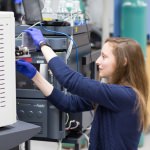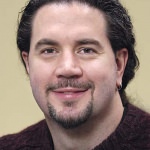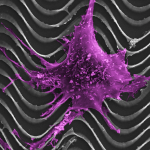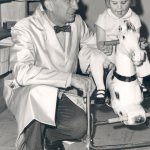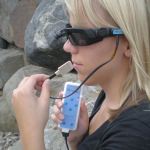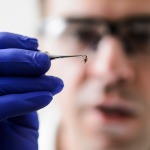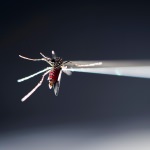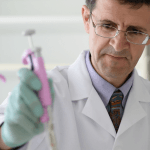Tag Health & medicine
Children of Alzheimer’s Patients Can Be Valuable Resources for Scientists
Researchers are hoping to learn what causes Alzheimer’s and what treatments might be effective by studying people whose families have a history of the disease. Read More
UW-Madison technology enlisted in battle against hepatitis B
A method that emerged from a UW–Madison spinoff company is in clinical trials in Europe, Asia and the United States against the infection, which can destroy the liver. Read More
Mitochondrial maps reveal new connections to poorly understood diseases
Mitochondrial diseases strike about 1 in 4,000 people and there are currently no licensed therapies available beyond treatments with vitamins and supplements. Read More
A panel of biomarkers may predict early Alzheimer’s disease
A new scientific approach may help predict which older adults are more likely to develop cognitive symptoms of Alzheimer’s disease well before the onset of dementia, says study author Sterling Johnson. Read More
Tiny 3-D models may yield big insights into ovarian cancer
With a unique approach that draws on 3-D printing technologies, a team of UW–Madison researchers is developing new tools for understanding how ovarian cancer develops in women. Read More
Study: Working with others can help prevent Alzheimer’s
New research from the Wisconsin Registry for Alzheimer’s Prevention and the Wisconsin Alzheimer’s Disease Research Center shows that people whose jobs involve complex interactions with other people fare the best as their brains age. These include jobs that involve mentoring, negotiating or teaching. Read More
UW, Purdue scientists solve structure of cold virus linked to childhood asthma
The findings provide the foundation for future antiviral drug and vaccine development against rhinovirus C. Read More
A taste of vision: Device translates from camera to brain, via the tongue
The device, patented almost 20 years ago by a visionary UW doctor, is now on the market after a long campaign by the company he founded. Read More
UW-Madison spinoff taking a big bite out of swallowing problems
Swallow Solutions' system sets up a customized therapy program so users can strengthen the tongue and associated swallowing muscles in the throat. Read More
Milwaukee foundation supports early-career faculty’s innovative research
For their distinct and innovative molecular research, two University of Wisconsin–Madison scientists have earned Shaw Scientist Awards from the Greater Milwaukee Foundation. Feyza Engin, assistant professor of biomolecular chemistry, and Srivatsan Raman, assistant professor of biochemistry, will each receive $200,000 in seed funding to advance their work. For more than 30 years, the Shaw Scientist Program has supported early career investigators pursuing promising ideas in biochemistry, biological sciences and cancer research. Read More
UW technology key to growth as firm stays in Madison long after sale
The explosion in next-generation sequencing has opened windows throughout medicine and biology. Read More



